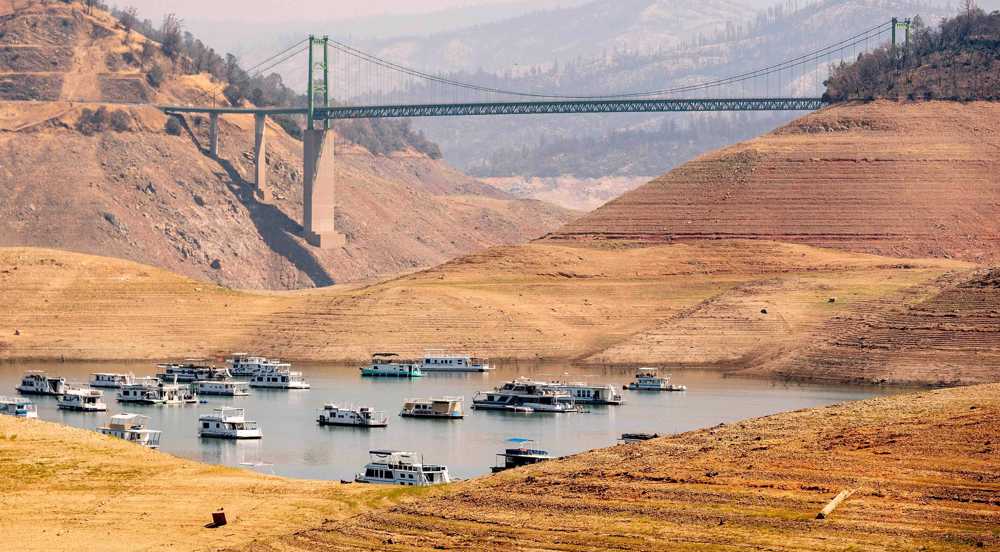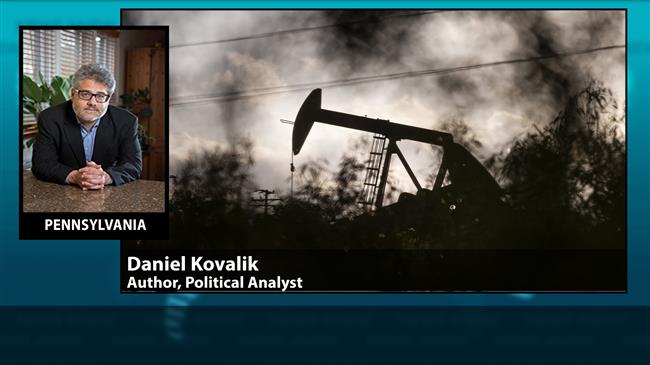US Western megadrought worst in 1,200 years: Study
The Western region of the United States has been facing the severest drought in at least 1,200 years.
A new study published on Monday warned that the Western US and northern Mexico were experiencing what it described as a megadrought.
The Western U.S. and Northern Mexico are experiencing their driest period in at least 1,200 years, a new study finds. The last comparable multi-decade megadrought was in the 1500s.https://t.co/0bJIb8H7bS
— NPR (@NPR) February 14, 2022
The study, published in the journal Nature Climate Change, showed just how extreme the situation had become with depleted water reserves, drained aquifers, low rivers, and raging wildfires.
The study's lead author, Park Williams, a bioclimatologist at the University of California, Los Angeles, said the findings in the study are a wake-up call to society that water supplies were declining.
"[I]t really is time for us to get real about how much water there is for us to use," the US scientist warned.
Williams described water patterns in the US West as a yo-yo — sometimes high, sometimes low, suggesting only one-fifth of the current megadrought could be attributed to human-caused climate crisis..
Meanwhile, hundreds of scientists met virtually at the two-week Intergovernmental Panel on Climate Change (IPCC) to lay out their latest findings on climate change and to present their evidence on how greenhouse gas emissions were impacting the globe, speeding evaporation and disrupting weather patterns.
The Geneva-based UN organization will produce a summary of the studies for policy makers, outlining line-by-line economic, food security, biosphere, health and mental health strategies to decrease the detrimental effect of climate change.
The summary is due to be published on Feb. 28, 2022.
US kidnapping of Venezuela’s president ‘clear instance of state terrorism’: FM
‘Maduro our only president; no empire will rule us’: Venezuela vows resistance after US kidnapping
VIDEO | Press TV's news headlines
VIDEO | US aggression against Venezuela
Iran widens food subsidy coverage amid rising living costs
Gen. Soleimani thwarted US plots in West Asia region, Hezbollah chief says
VIDEO | Thousands gather in Baghdad to honor Soleimani and al Muhandis
Israel abducted 42 Palestinian journalists, including 8 women, in 2025
















 This makes it easy to access the Press TV website
This makes it easy to access the Press TV website